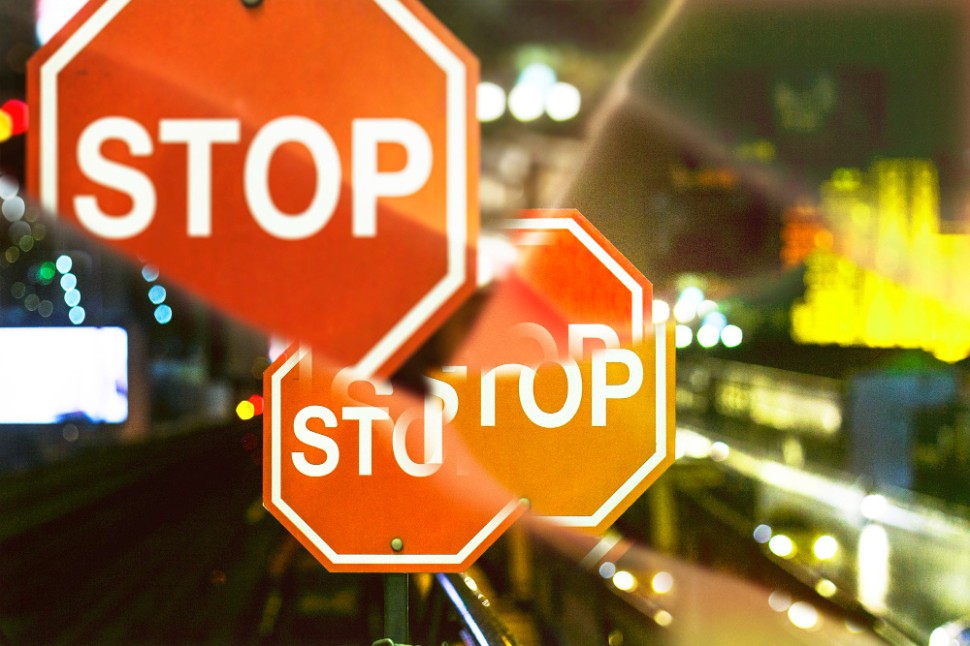
One question has managed to stir up the dusty annals of Constitutional debates ─ Are DUI checkpoints a legal procedure or a murky constitutional conundrum? It's expected to be puzzling as the authorities cannot stop your vehicle unless they have a solid suspicion of a crime or traffic violation. So what permits them to set up a sobriety checkpoint and halt every vehicle on that route?
The Dynamics of DUI Checkpoints
The police usually establish sobriety checkpoints to funnel down traffic into a single stream, making it hard for drivers to detour quickly. The team of law enforcement officials stationed here indulge into a quick conversation with the driver, attempting to gauge signs of alcohol or substance consumption.
The interaction mostly ends quickly, allowing the drivers to continue their journey. However, if the officials sense a driver might be intoxicated, they initiate further probing. This could include detailed DUI investigations like field sobriety tests or a breathalyzer check. If these tests indicate that the driver has indulged in heavy drinking, it may eventually result in an arrest.
The Legality of DUI Checkpoints
There exist two gateways to understanding the legal parameters of these DUI checkpoints ─ the federal law, the U.S. Supreme Court's stance, and the state laws.
The Fourth Amendment's Paradigm
The United States Constitution's Fourth Amendment is central to this discussion, allowing only "reasonable" search and seizure. It implies that a vehicle stop is legal if the police can rationalize their suspicion that the driver might be violating the law.
Enter DUI checkpoints, and the plot thickens. Here, the cars are stopped without any specific reason, bar none! Considering the Fourth Amendment laws, it's baffling, but the Supreme Court sees it reasonably. It holds that the motive behind these sudden stops ─ preventing impaired drivers from hitting the road ─ is of more substantial significance than the slight inconvenience to motorists.
However, the Supreme Court's endorsement comes with a caveat. They can't hold back a motorist without cause for an incredibly long time or carry out searches in their vehicle without plausible proof of illegality. If such a case arises, the courts may dub the stoppage unreasonable.
State Law's Viewpoint on DUI Roadblocks
While the U.S. Supreme Court generally validated DUI checkpoints, state laws have their views on these sobriety checkpoints. Remember, states have constitutions and written statutes, sometimes offering extended rights when dealing with law enforcement.
For instance, several states ─ including but not limited to Iowa, Wisconsin, Oregon, Washington, and Michigan ─ either prohibit sobriety checks or declare them unconstitutional. The police departments in these states cannot execute sobriety checkpoints as per their state laws' dictum.
Considering Professional Legal Assistance?
The legal web can sometimes be tricky to discern without a seasoned guide. If you find yourself entangled in the aftermath of a DUI checkpoint stop, it's beneficial to consult an experienced DUI attorney. They can help you review your rights and obligations and carve out the best possible course of action. Don't let the situation get the better of you. Ensure your rights are preserved and defended with professional legal help.




